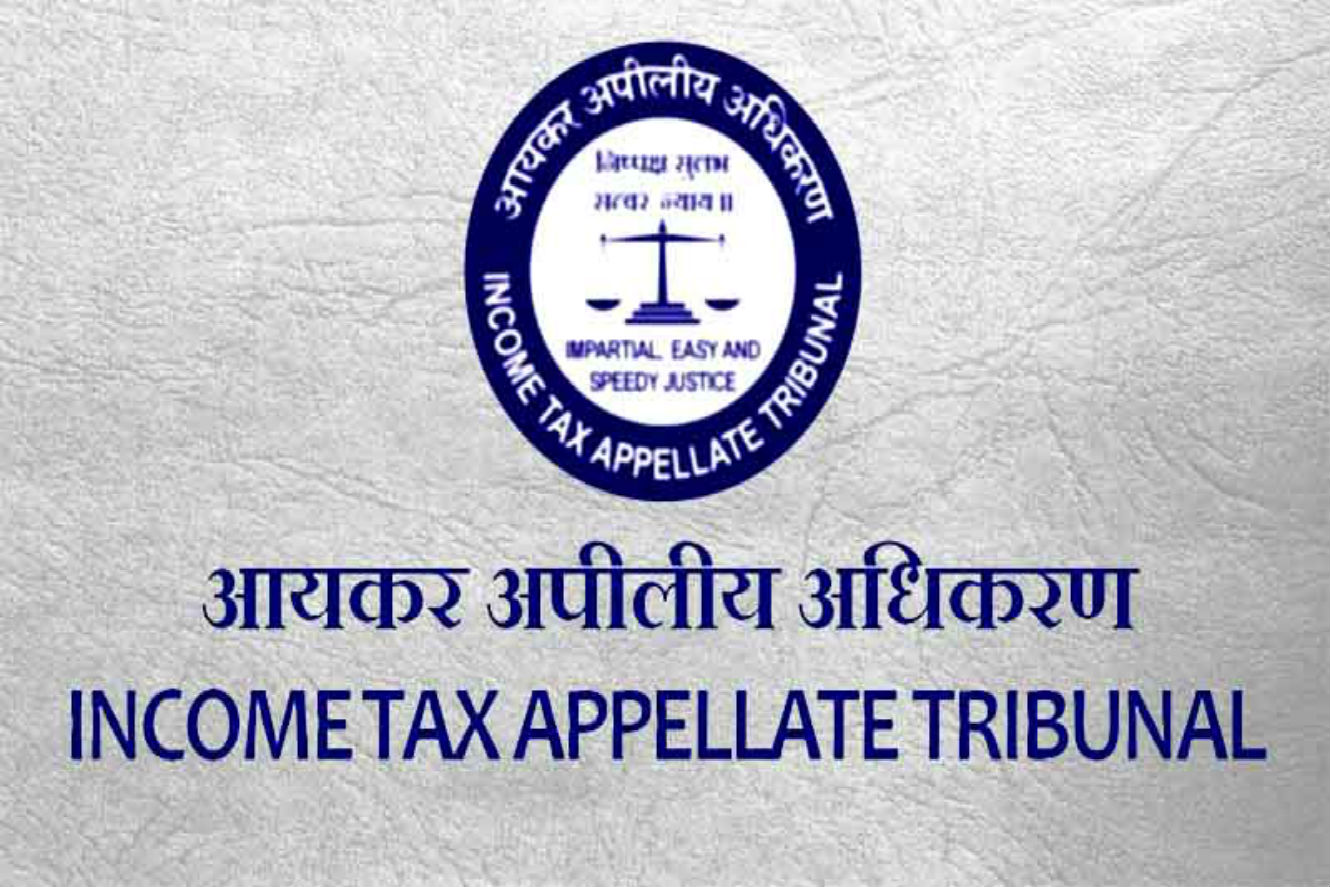Wilson, J.@mdashThis suit, which was undefended, was upon a promissory note. The note was for Rs. 400, was dated the 4th June 1877, was payable on demand, and bore interest at 5 per cent. monthly. The only question was, what amount was recoverable in respect of interest.
2. The parties are Hindus; and it is clear that their rights are governed by the Hindu law, unless there be some Statute providing a different rule. I think it is also well settled that, by Hindu law, arrears of interest more than sufficient to double the debt are not recoverable; Menu, Chap. VIII, 151; Col. Dig., Bk. I, Chap. II, Section 2, pl. xliii; Dhendu Jagannath v. Narayan Ram Chandra (1 Bom. H.C. A.C. 47), Khuskal Chand Lalchand v. Ibrahim Fakir (3 Bom. H.C. A.C.A.C. 23). Ramkrishnabhat v. Vithoba (1 Bom. H.C. A.C. 25), and Narayan v. Stavaji (9 Bom. H.C. A.C. 83).
3. Has then any Statute altered the law upon this point to be applied to Hindus in this Court? The Bombay cases above referred to decide that Act XXVII of 1855, the Act for the repeal of the usury laws, had no such effect; see also per Peacock, C.J., in Ram Lall Mookerjee v. Haran Chunder Dhar (3 B.L.R. O.C. 130), and per Phear, J., in Mia Khan v. Bibi Bibijan (5 B.L.R. 505).
4. It was, however, argued that the Contract Act had altered the law upon the point in question, and Section 10 of the Act was referred to. That section says: "All agreements are contracts if they are made by the free consent of parties competent to contract, for a lawful consideration, and with a lawful object, and are not hereby expressly declared to be void." This section does not, however, in my judgment, make anything lawful which was otherwise unlawful. Moreover, I doubt whether the rule of Hindu law in question has properly anything to do with the legality or illegality of any contract. I think it is rather a rule of limitation.
5. As then no statutory provision has been pointed out controlling the Hindu law in the matter, I am, I think, bound to apply that law to the present case. And the decree will be for the principal and a sum for interest equal to the principal--in all Rs. 800, without costs (See also Hakma Manji v. Meman Ayab Haje 7 Bom. H.C. O.C. 19).

